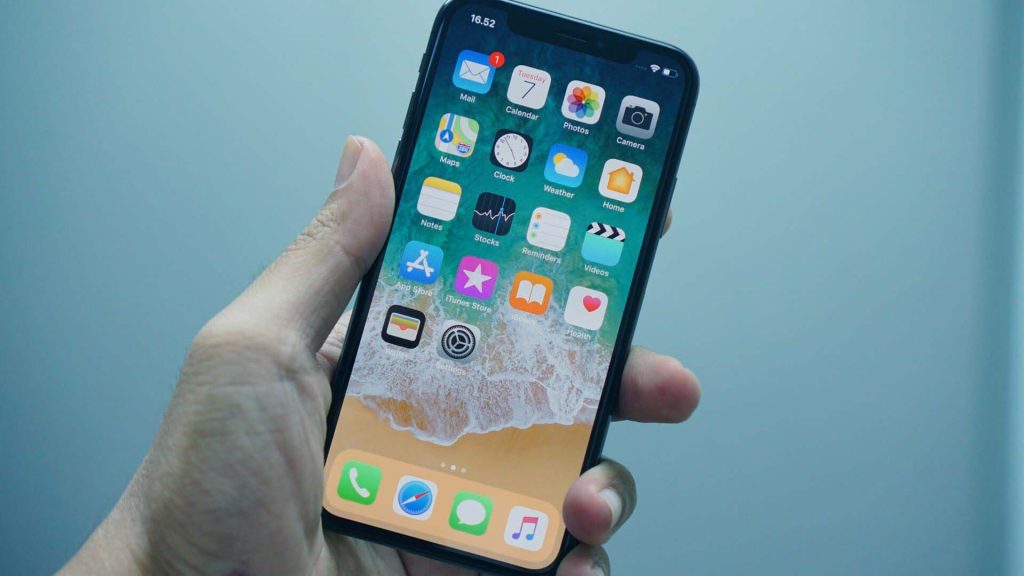Do you need to re-assess your brand?
Do you know where and what your brand is today? What it means to customers and how that may have changed in a rapidly evolving competitive environment? Asking yourself these questions can help ensure your brand is on the right path. The next important step is to understand if how you see your brand corresponds to what’s being communicated and how this is being received by your customers. Every piece of communication in the market between you and your competitors impacts your customers’ perceptions. Even external events, such as the COVID pandemic, may influence how customers see your brand today. To ensure your brand reaches its full potential, it’s essential to re-evaluate and do a brand assessment on its strength as conveyed through its integrated functional and emotional benefits. You might be surprised and find attributes once cherished by customers that have been absent or discarded lately.
The brand assessment
The brand assessment’s goal is to give you a good understanding of what a brand means in the eyes of your customers and stakeholders. It is a process to uncover and capture a wide range of your brand’s current and potential benefits and align them to reflect their value to your customers.
Start by looking at some old customer research, something you did in the last few years. If this valuable research is still available, it may not be necessary to spend time and money re-inventing the wheel. Simply revisit existing data with a fresh perspective or filter the data with a more human-centric approach that sheds a brighter light on your customers’ attitudes, values, desires, and behavior.
If yours is a larger company, you will typically have U&A (usage and attitude) studies that can help establish which benefits are more meaningful to your various customer groups. If you’re a smaller company, you may not have a lot of valuable data about your brand or your customer. You may also have limited resources to go out and conduct some other substantial types of research. However, as a startup or a small or medium-sized enterprise (SME), you will usually have some advantages over a large company; there’ll be closer contact between the company staff and the customers. That’s immensely helpful to become extremely rich in brand benefits. After that, all you need is to find a way to collect the appropriate information, pull it all together, and assess it in the right way. A simple method that works quickly and effectively is the Orbiter brand assessment tool.
The Orbiter tool
The Orbiter is a tool that can be used by any company, even startups, and SMEs with limited resources. This tool is not just a great fit when companies acquire or develop new brands and need to assess them before going to market; even long-held brands can benefit from the Orbiter to scrape away all the distractions and promotional baggage that build up over time with the brand management process and get back to understanding the brand’s key value drivers.
One good example was Coca-Cola in the early 1990s. An Orbiter session with local bottlers, brand management, and other relevant people re-discovered a significant attribute of the brand that had been lost and unused for decades – the contour bottle.

The contour bottle was still available in the 6.5 oz bottle in some markets, but, at that point, it was a characteristic that most consumers seemed to pay little attention to. One of the managers present spoke about how the bottle fit so nicely in the hand and inspired nostalgic feelings about Coca-Cola as the original real thing. Through the Orbiter, the contour bottle became a strong supporter of the Authentic brand pillar. Today, that same bottle is available in all sizes. A U&A study with customers would not have revealed this important attribute because it had been absent from the market for so long. But the insight was there within the company; it simply needed the right tool to bring it to the surface. Adding Authenticity to the other Coca-Cola brand pillars of Optimism and Inclusive, gave Coke a differentiating and meaningful pillar that was ownable versus its competitors.
But what is an Orbiter?
An Orbiter is an internal focus group of knowledgeable insiders that lasts about 2–3 hours. Its purpose is to assess the various components of the brand to determine and gather attributes and benefits to create and sustain customer value.
The Orbiter group should include a range of people who work within the company and have intimate knowledge of the product and the customer. In the case of a small company, including the founder, a sales manager, a distributor, possibly someone from the creative team, and maybe even some former employees might add some perspective and additional insights. For a B2C startup, alongside the founder, some first members, product managers, partners, and maybe even a few customers might offer the right mix. The goal is to have a diverse group who have considerable experience with your product/brand and with the people who buy it and use it. And yes, to have the best possible outcome, the sales and marketing guys should be there with all their experience of promoting the brand and looking at past customer research. All of that still matters as input and discussion experience during an Orbiter.
Orbiter’s process
The Orbiter session should not be a complicated or expensive process. All you need is a spacious room with a lot of empty wall space, a bunch of yellow sticky pads, a whiteboard or poster, and black marker pens. It is an extremely engaging solution for brand assessment and research.

The initial phase is to get the ball rolling. Prompt participants to write short answers (2–5 words max.) on their sticky pads to questions, such as what the brand provides for customers, what the brand represents, and what the overall experience of buying and using the product/brand is. For now, you want to get some early thoughts up on the wall. Deeper probing thoughts will follow, and the wall will begin to fill up with reflections and impressions.

As you begin to go deeper into the product/brand, there’s a range of questions the moderator can ask to stimulate some thinking about what the brand is and how customers perceive it.

The next step is to organize all the notes on the wall like moons that gravitate around a benefit planet. You will quickly notice that many of the statements relate to each other. So, pull them off and stick them up again where you think they should be.

The next step is to name these benefit areas.
This is where you want to think less about what you do and more in terms of what you do for your customers. One example of what Amazon does is ship products very efficiently. But from a customer’s perspective, it’s much more basic. Proof that Amazon gets this is that they call this area on their website: Where’s my stuff? Online availability translates into ultra convenient – ready when I am. International sites translate into understanding my culture and language.

Downsides for small companies
However, this procedure, especially for small companies like new startups, could have some downsides. First is the difficulty of gathering everyone with relevant knowledge of the product and customers, especially when it needs to involve external stakeholders. Second, although the Orbiter is an affordable and convenient tool, a small brand will still need a moderator to get the most out of it. Every bit of resource spending has an impact, mainly concerning money and time.
But now, there’s a viable option to make this approach more efficient and less expensive, so every company can access this great tool.
The digital Orbiter session
At the beginning of COVID-19, with everyone stuck at home, most companies had to innovate their processes to keep business going as usual (as much as possible). Zoom turned into room meetings and extended through all industries; every company had its practices and methodologies to adapt. We were no different. At Garrison Group, we developed a digital alternative and a platform where the Orbiter could be done remotely without losing its essence, providing engaging, fun, simple, juicy insights.

Not only did we keep the DNA of the Orbiter, but we also solved the downsides of the offline Orbiter session. With this online tool, we can have all essential people (customer representatives, marketing team, management, sales team, etc.) and the moderator present without any travel costs, regardless of where they are. And if someone can’t make it, it’s easy to schedule their valued input at their convenience. Particularly, if somebody is unavailable during that day and hour, now it is possible to do it separately at any time hassle-free. That would be quite complicated with the offline alternative.
Now that most countries are gradually opening their borders and loosening other restrictions, a fundamental question arises: Should the Orbiter go back offline? Both possibilities offer a fruitful result but with different benefits, so we decided to keep both formats. You can decide which approach you would rather use in your brand assessment. If your company prefers time and cost efficiency, you can go digital. On the other hand, if your company values an engaging and stimulating environment, almost a team-building event, the offline method is a better option. But in the end, both will give you a truthful brand assessment, with the right functional and emotional benefits of the brand – the perfect brand DNA.
Brand assessment – digital and (even more) resource-friendly
The Orbiter is not a complicated scientific process with a stack of validated customer research, but it’s a fascinating solution to quickly assess your brand’s value by utilizing the knowledge of the people in your organization who are in close contact with your customers. And that’s pretty good. You may even uncover some truths about your brand that were hiding in plain sight. That’s when you’re ready to start understanding how you can differentiate and be more remarkable for your customers. Complement this brand assessment method with the right moderator and approach, and you are on your way to filling competitive gaps or perhaps finding potential emotional and functional benefits you can incorporate into your brand strategy with an even more hassle-free alternative – the digital Orbiter.
By Rui Santos and João Pedro Pina



